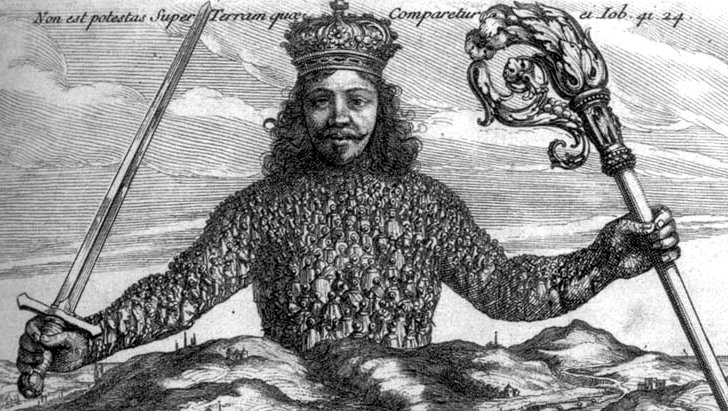PROVIDENCE, R.I. [Brown University] — Bonnie Honig, the Nancy Duke Lewis Professor of Modern Culture and Media and Political Science at Brown University, will deliver a Presidential Faculty Award lecture on Monday, Oct. 2, titled “What Literature Can Teach Politics: Melville’s Moby Dick as a Critique of Hobbes’ Leviathan.”
Honig, who is also the interim director of the Pembroke Center for Teaching and Research on Women at Brown, works at the intersection of political theory, literature and feminist and cultural studies. Her research, she said, is motivated by questions such as, “What are the necessary conditions of democratic action in concert?” and “How do inheritances of language, imagery and ideas thwart or enable citizens in their efforts to demand justice or defend just institutions?”
One particular image — that of the sovereign ruler or king made to resemble an animal — will be a focal point of her lecture.

“Thomas Hobbes animalizes sovereignty in his great book ‘Leviathan,’” Honig said. “Leviathan is a sea-monster, and when Hobbes compares the sovereign king or power to that rapacious figure, this makes for fearful, compliant citizens. This is not our democratic ideal.”
Honig said she sees Melville’s “Moby Dick,” published 200 years after “Leviathan,” as a critique of Hobbes’ approach. Although it may be surprising that a work of fiction can be a useful means of appraising Hobbes' ideas and influence, without turning to literature in this way, Honig said, we may miss the full extent of engagement with political theory arguments.
“When we read political theory just canonically we would go from Hobbes to Locke to Rousseau to Marx to Nietzsche and then into the 20th century,” Honig said. “We might never go read this amazing and also crazy novel by Herman Melville. But Melville was engaged with Hobbes, he quotes him at the start of the novel and provides some veiled references to ‘Leviathan’ throughout — if we follow the clues, we learn something not just about Melville, but also about Hobbes.”
In addition to using literature to interrogate political theory, Honig has cast a wide net — including the films of Lars von Trier, theoretical works by Hannah Arendt, Gilles Deleuze and Félix Guattari, and classical dramas from Euripides’ “The Bacchae” to Sophocles’ “Antigone” — in addressing questions of power, gender and agency in democratic societies.
In her many books, she has written about what enables emancipatory actions; what alternatives there are to current, unjust arrangements; whether political emergencies, broadly defined, must result in consolidation of centralized power or can be turned to more democratic ends; what foreigners or foreignness contributes to democratic life; and whether shared public objects, spaces and services, like national parks, are important features of democratic life.
The Presidential Faculty Award lecture takes place on Monday, Oct. 2, at 4:30 p.m. in the John Carter Brown Library. The event is free and open to the public.
About the series
The Presidential Faculty Award was established in 2013 by Brown University President Christina Paxson to recognize members of the faculty who are conducting especially important and innovative scholarship and to create an opportunity for recipients to present their work to colleagues in other disciplines. Two recipients are selected for the academic year, one for each semester. Previous presenters include Jesse M. Shapiro, Jill Pipher, David Berson, Nitsan Chorev and David Kertzer.